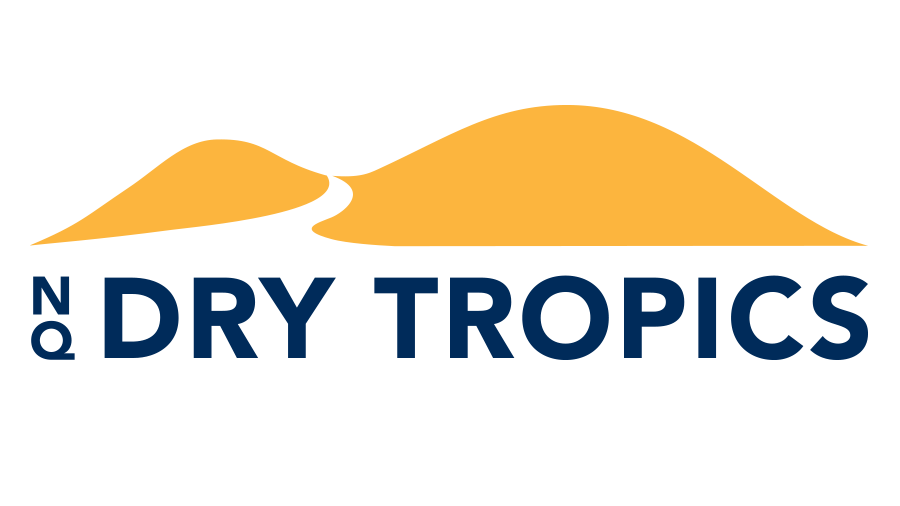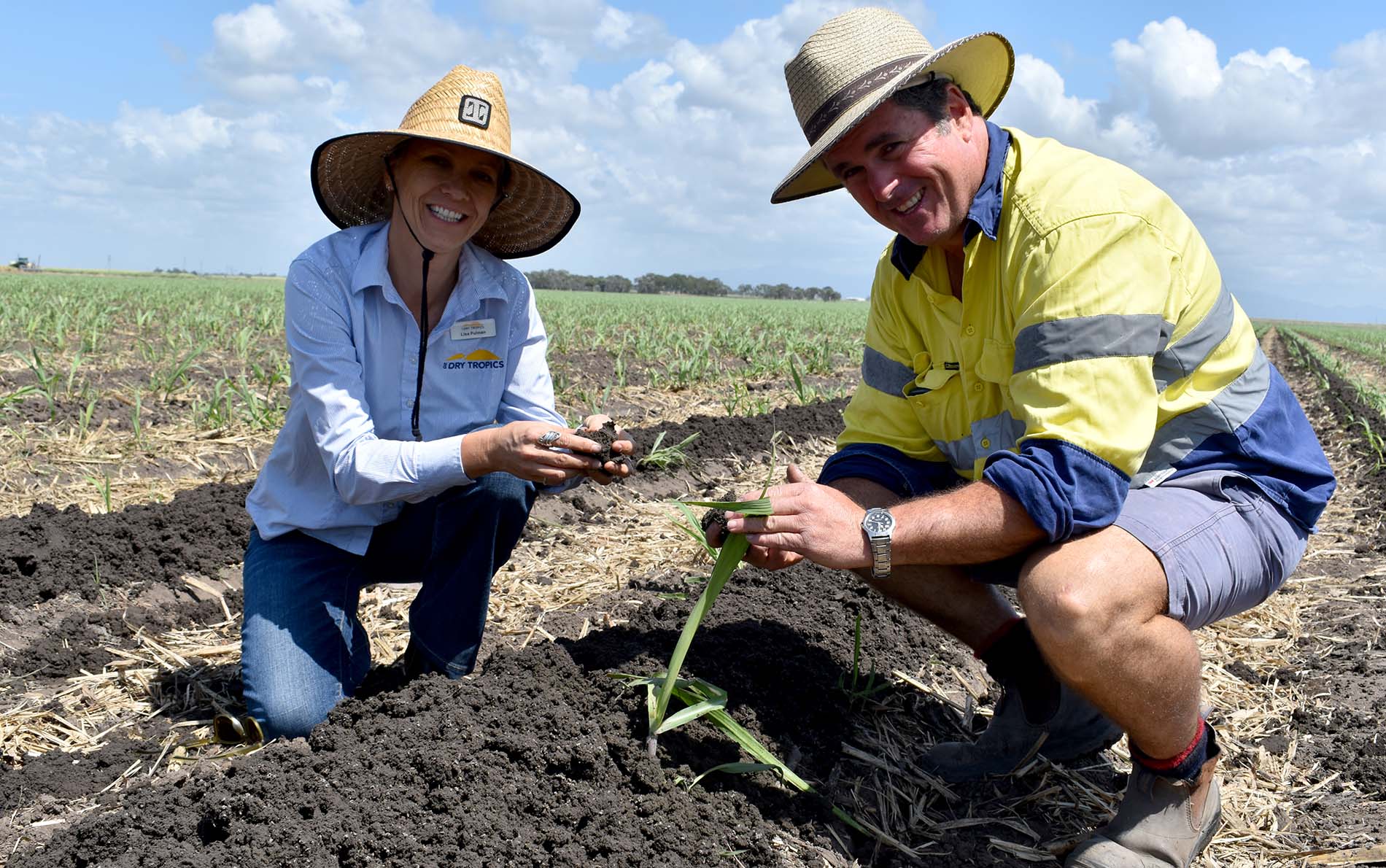Water monitoring helps cane farmers protect wetlands
PREVENTING runoff makes good business sense for cane farmers in North Queensland’s Lower Burdekin region, and with internationally significant wetlands and the Great Barrier Reef on their doorstep, it makes good environmental sense too.
NQ Dry Tropics’ Connecting Burdekin Cane Farmers To Their Local Wetlands project supported a group of farmers located near Lilliesmere Lagoon, Ayr, and Horseshoe Lagoon, Giru, to monitor their runoff and improve their irrigation and nutrient efficiency.
Giru cane farmer Andrew Cross said the best business decisions were based on hard data.
After learning he was losing 30 per cent of irrigation water from part of the farm, he built a recycle pit to capture and reuse the runoff.
“Once we put a financial value on that 30 per cent of the water it added up to a good few hundred dollars a hectare a year that was going out of the system,” Mr Cross said.
“I’m always chasing more information, the more information you’ve got behind a decision, the closer to correct it’s going to be.”
“Any step we take to improve our practices that also gives us better returns, for the life of me, I cannot see the downside of it,” he said.
A key aim for the Queensland Government-funded project, which wrapped up this month, was to raise farmers’ awareness about the connectivity between cane farming, wetlands and the Great Barrier Reef.
Ayr farmer Frank Mugica said he was reassured by his water monitoring results.
“Having the information is very useful because it shows that my farming practice has minimal impact on the waterway,” Mr Mugica said.
“We are next to Lilliesmere Lagoon and practically right on the edge of the Great Barrier Reef, so what we’re doing right here right now is pretty important.”
NQ Dry Tropics Project Officer Lisa Pulman said farmers had been on quite a journey during the past two and a half years.
“One of the strongest positive outcomes is that not only are they thinking about practice change from the perspective of productivity and profitability, but they’re all also thinking about their downstream effects now,” Ms Pulman said.
Project partners, Burdekin Bowen Integrated Floodplain Management Advisory Committee (BBIFMAC), undertook the farm monitoring, working with each farmer to decide what to trial and monitor.
BBIFMAC Manager, Arwen Rickert, said the practice change trials included zero till, mill mud, dunder, green cane trash blanketing, and split timing fertiliser application.
“We instrumented each of the sites that the participating cane farmers were interested in monitoring, we then analysed the water quality results and provided feedback on what the results were saying about their runoff into the local wetlands, Ms Rickert said.
Lisa Pulman said each of the farmers learned valuable information from the monitoring and many of them would expand the new practices to the rest of their farms, where suitable.
“At NQ Dry Tropics we believe it’s important to work with farmers on an individual level as much as possible. Every farm is different and every farmer has unique circumstances,” Ms Pulman said.
The Connecting Burdekin Cane Farmers to their Local Wetlands project was funded by the Queensland Government under the Queensland Reef Water Quality Program.

